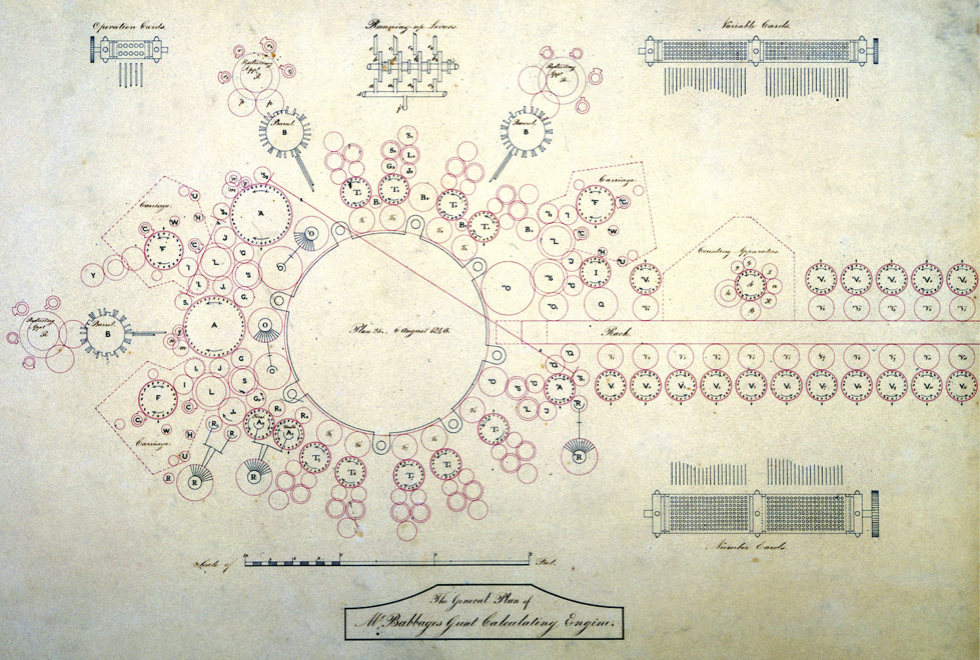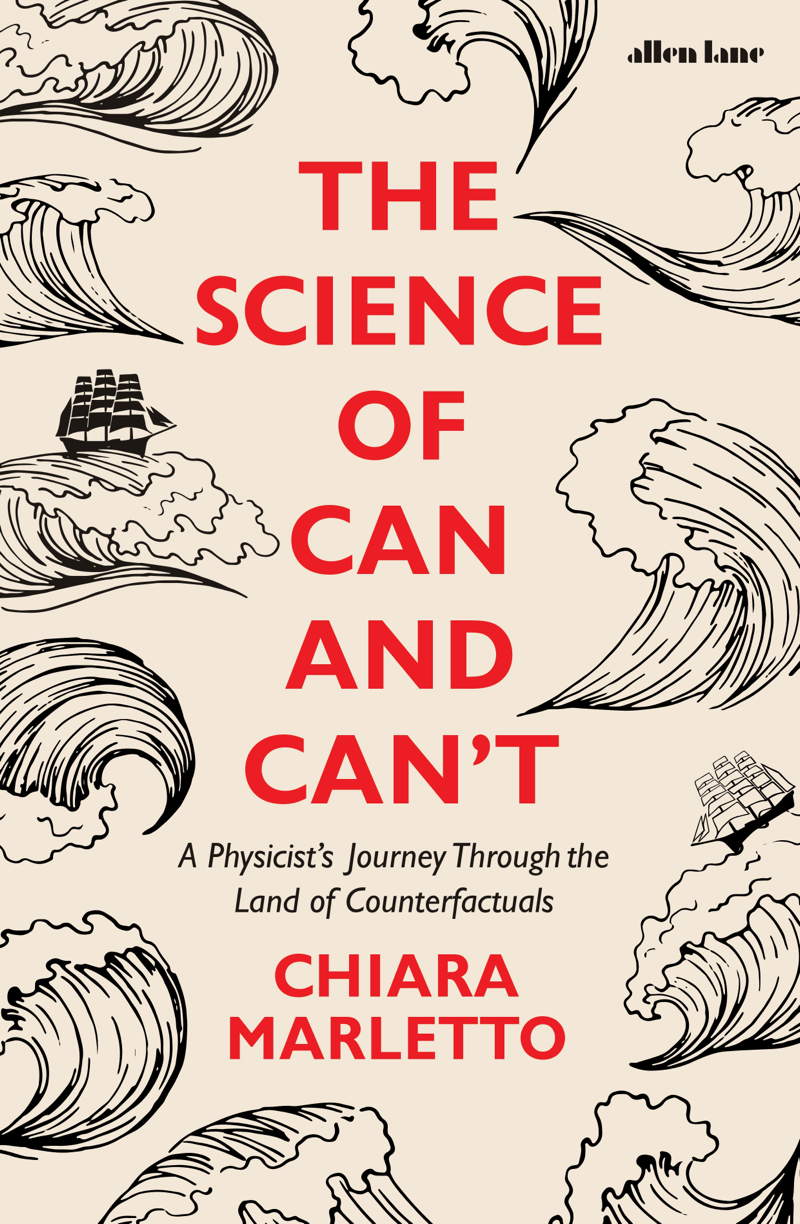Constructor Theory
Share:

The Constructor Theory Programme is a new approach to formulating fundamental laws in physics that aims at generalising the quantum theory of computation, which was proposed by quantum computer pioneer David Deutsch.
The traditional laws of physics — such as quantum theory and general relativity— are formulated in terms of trajectories of objects, specifying what happens given some initial conditions. But there are phenomena that this traditional approach does not fully capture, such as those related to the physics of life or the physics of information. To fully capture those, and express exact laws about them, you need constructor theory.
Chiara has harnessed constructor theory and applied it to a number of select problems in quantum information theory, theoretical biology and thermodynamics.
Constructor theory’s ultimate goal is to rewrite all the fundamental laws of physics in terms of general principles expressed as counterfactual statements, about what’s possible and what’s impossible; to explain existing dynamical laws in terms of those; and to provide the guiding physical principles for the universal constructor – the ultimate generalisation of the universal Turing machine.
VISIT CONSTRUCTORTHEORY.ORG
Comments
If you have any comments, questions, or an observations about this research study, please do feel free to leave a comment below and we will make every endeavour to respond.

NOW AVAILABLE IN PAPERBACK
THE SCIENCE OF CAN AND CAN’T
A Physicist’s Journey Through the Land of Counterfactuals
A luminous guide to how the radical new science of counterfactuals can reveal the full scope of our universe
There is a vast class of properties, which science has so far neglected, that relate not only to what is true - the actual - but to what could be true: the counterfactual.
This is the science of can and can't.
A pioneer in the field, Chiara Marletto explores the extraordinary promise that this revolutionary approach holds for confronting existing technological challenges, from delivering next-generation processors to designing AI. But by contemplating the possible as well as the actual, Marletto goes deeper still, showing how counterfactuals can break down barriers to knowledge and form a more complete, abundant and rewarding picture of the universe itself.